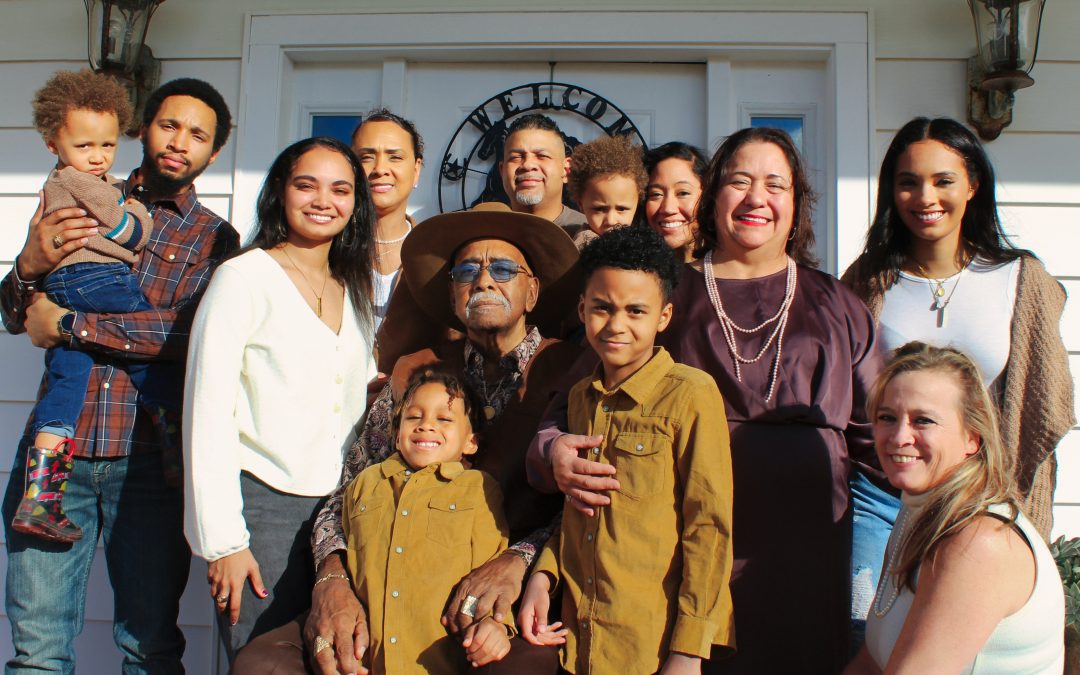Photo by Rajiv Perera on Unsplash
The world would be better if we had an ounce of openness and acceptance that we are here to coexist and not create division.
Mixed-race families have long been subjected to stereotypes and assumptions rooted in societal biases and limited understanding. However, these assumptions fail to capture these families’ rich diversity, unique experiences, and profound love.
More importantly, love knows no color – it’s a fact that, sadly, some of us today still refuse to accept. This should’ve been dealt with long ago when the civil rights movement was on the rise. And right now, we have to address the prevailing issue with people’s preconceived notions about mixed-race families.
A book called E. Pluribus Unum From Many, One by Marvin Blake explores the dynamic behind mixed-race families. The novel sheds light on how mixed-race families coexisted within 19th-century America. Readers will learn many lessons with every page, as it is a story about the culture and exploitation of Native Americans. Moreover, the book seeks to educate us about the struggles of being in a mixed-race family. Marvin Blake is also one of the authors reshaping conversations about race, making the book worth checking.
Deconstructing The “Other One” Mentality
Stereotypes around mixed-race families often stem from a tendency to view them as “other” or “different.” these assumptions can range from oversimplified notions about physical appearance to misguided beliefs about cultural identity. We have to recognize that mixed-race families are not a singular group. They still include many ethnic, cultural, and racial backgrounds.
Now that blended families are slowly being normalized, that encompasses many things, including transracial adoption. Out of the goodness of one’s heart, many people from different races build a diverse family. They may not look the same, but they still share the same love, joy, and pain.
Embracing Intersectionality Among Mixed Race Families
Mixed-race families embody intersectionality, where different aspects of identity blend together, shaping individual experiences. Furthermore, appreciating its complexities may be crucial in challenging stereotypes. It involves our understanding that mixed-race families may navigate multiple cultures, languages, traditions, and experiences. They all contribute to their rich identity, and embracing them allows us to move beyond simplistic assumptions.
Cultural Fluidity and Adaptation
Other than being known for diversity, mixed-race families often exhibit a remarkable trait in adapting to the changing times. They may incorporate traditions from multiple backgrounds, but they always ensure that what they were born in remains their own. Mixed-race families often create a unique blend that reflects their multifaceted heritage.
This cultural fluidity challenges stereotypes that suggest mixed-race families must conform to a single cultural identity. Instead, they forge their own path, celebrating their diverse backgrounds and embracing the beauty of cultural exchange and fusion.
The Struggles of Being in A Mixed Race Family
Mixed-race families face their share of challenges. Societal prejudice, questions about identity, and the pressure to fit into predefined boxes. These families often demonstrate remarkable resilience and strength despite their daily adversities.
However, why are we normalizing this?
Mixed-race families must endure difficult conversations while finding their place in this world. At the same time, they have to come to terms with embracing their identity and forge their own in the process. We challenge the stereotype that mixed-race families are unstable by helping them grow and making them feel comfortable to be who they are.
Promoting Understanding and Acceptance
The world is not a monolith – our differences make life fascinating, transcending stereotypes and ignorance. At the heart of every mixed-race family lies a universal and profound love. Such love strengthens us, allows us to exist within the same space, and builds a loving community where celebrating one another is the norm. And as we open ourselves to this world’s diversity, the mindset is that these people are less valid or legitimate.
Moreover, it takes more than just a straightforward education on how we should break the barriers. Every step requires sufficient education, dialogue, and open-mindedness. It is essential to debunk myths, challenge biases, and celebrate the diversity and beauty of mixed-race families. By encouraging empathy, we create a nurturing society that allows their unique experiences and contributions to thrive.
When There’s Still A Long Way to Go
Breaking stereotypes and challenging assumptions about mixed-race families is vital to creating a more inclusive and accepting society. Let us strive to build a world where every family is seen and celebrated for their unique journey, regardless of race, culture, or background.

